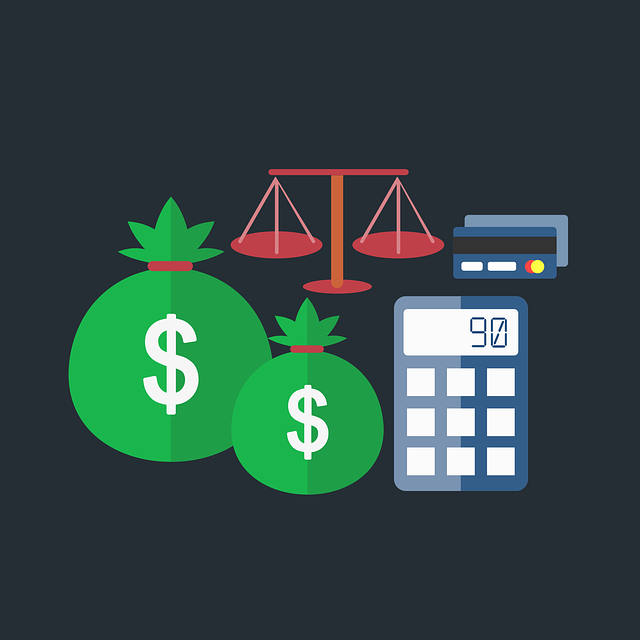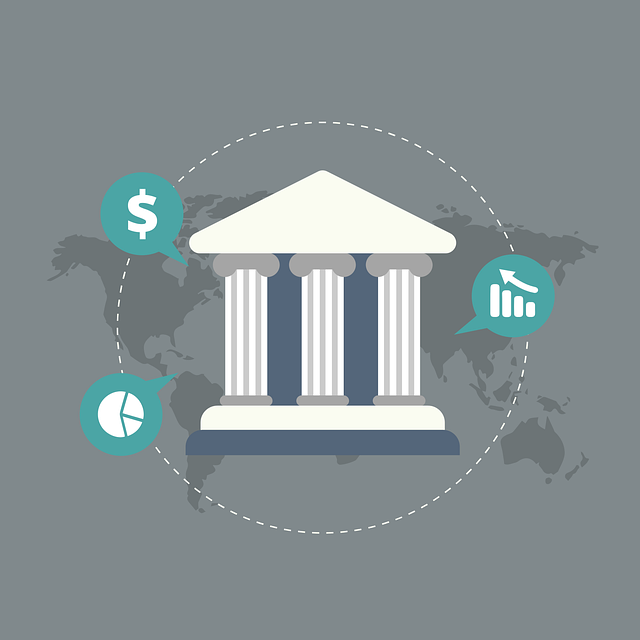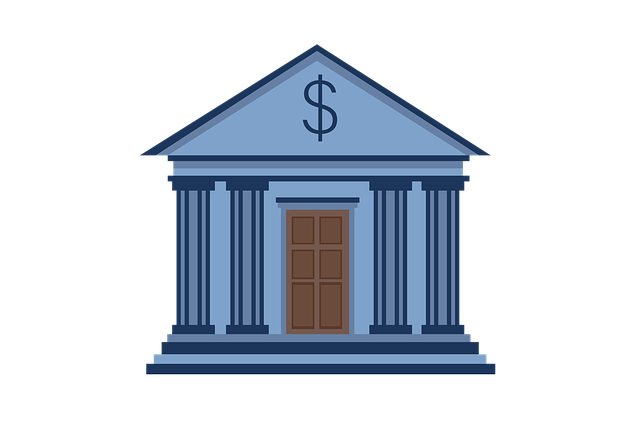A credit profile is a crucial indicator of an individual's financial health, influencing their access to and terms of loan options. Understanding how loans affect this profile is essential: timely payments enhance it, while late or missed payments damage it. Today's diverse loan market offers various options, each with unique implications for credit; borrowers must strategically choose loans based on their needs and financial goals to build and maintain good credit. Key strategies include responsible borrowing, keeping debt levels low, diversifying loan types, and regularly checking credit reports to ensure accuracy and mitigate risks through consolidation or refinancing. Effective credit management is vital for long-term financial stability and access to favorable loan terms.
Understanding your credit profile is crucial for financial success. A strong credit profile opens doors to favorable loan options, while a weak one can limit opportunities. This article guides you through the intricacies of how loans impact your credit score and offers insights into various loan types. We explore responsible borrowing strategies, risk mitigation techniques, and regular credit report monitoring. By the end, you’ll be equipped with knowledge to make informed decisions regarding different loan options.
- What is a Credit Profile and Why Does it Matter?
- How Loans Affect Your Credit Score
- Different Types of Loan Options and Their Impact
- Building Credit Through Responsible Borrowing
- Mitigating Risks: Strategies for Repaying Loans
- Monitoring Your Credit Report Regularly
What is a Credit Profile and Why Does it Matter?

A credit profile, also known as a credit report or credit score, is a detailed record of an individual’s borrowing and repayment history. It encompasses various financial behaviours, such as loan applications, credit utilisation, payment records, and public records like bankruptcies or judgments. This comprehensive snapshot is crucial for understanding an individual’s financial health and trustworthiness in the eyes of lenders.
In today’s world, where access to multiple loan options is readily available, a strong credit profile can open doors to favourable interest rates, larger loan amounts, and better terms. Conversely, a poor credit profile may result in higher interest rates, stricter loan requirements, or even denial of certain financial opportunities. Therefore, managing one’s credit profile effectively is essential for securing the best possible loan options and maintaining long-term financial stability.
How Loans Affect Your Credit Score

When considering various loan options, it’s crucial to understand that your credit score is significantly influenced by the loans you take out and how you manage them. Each loan application results in a hard inquiry on your credit report, which can temporarily lower your score. The number of hard inquiries can impact your credit utilization ratio, a key factor in calculating your credit score.
Moreover, making timely loan payments can positively enhance your credit profile. Demonstrating responsible borrowing and repayment behavior shows lenders that you are a reliable borrower, which can lead to better interest rates on future loans. Conversely, late or missed payments can severely damage your credit score, indicating to lenders that you pose a higher risk. Thus, it’s essential to prioritize timely payments to maintain and improve your creditworthiness.
Different Types of Loan Options and Their Impact

In today’s financial landscape, borrowers have a multitude of loan options to choose from, each with its own unique impact on their credit profile. From traditional bank loans to innovative peer-to-peer lending and short-term financing, understanding these variations is essential for managing one’s financial health. For instance, secured loans, backed by collateral like property or vehicles, generally carry lower interest rates but pose greater risk in case of default, reflecting on the borrower’s credit score. On the other hand, unsecured personal loans offer flexibility but often come with higher interest rates and stricter borrowing limits.
Moreover, the type of loan affects not just initial terms but also long-term financial stability. Responsible use of revolving credit lines or credit cards can build positive payment history, enhancing creditworthiness. Conversely, repeated applications for new loans or late payments on existing ones can signal financial strain to lenders, resulting in lower credit scores and restricted access to future financing options. Thus, borrowers must carefully consider their loan options, balancing immediate needs with potential long-term implications on their credit profile.
Building Credit Through Responsible Borrowing

Building credit is a journey that can be significantly influenced by responsible borrowing practices. When individuals consider various loan options, they have the opportunity to establish or enhance their credit profile. Repaying loans on time, maintaining low debt-to-income ratios, and diversifying loan types are key strategies for strengthening creditworthiness. Lenders view consistent, timely repayments as a positive signal, indicating to them that the borrower is reliable and capable of managing financial obligations.
Responsible borrowing involves choosing the right loan options based on one’s financial situation and goals. This could mean opting for secured loans, which offer lower interest rates but require collateral, or selecting unsecured loans with higher flexibility but potentially higher costs. By demonstrating responsible management of credit, individuals can improve their credit scores, making it easier to access future financing with more favorable terms.
Mitigating Risks: Strategies for Repaying Loans

Mitigating risks associated with loans is paramount for maintaining a healthy credit profile. A strategic approach to repayment is key, especially when exploring various loan options. One effective strategy involves creating a detailed budget that allocates funds to cover loan installments alongside other financial obligations. This proactive measure ensures timely payments, reducing the risk of default or late fees.
Additionally, individuals can explore loan refinancing or consolidation as a way to simplify repayments and potentially lower interest rates. By shopping around for favorable loan terms and conditions, borrowers can find options tailored to their financial capabilities, thus enhancing their ability to manage and repay loans responsibly.
Monitoring Your Credit Report Regularly

Regularly checking your credit report is an essential step in understanding and managing your financial health, especially when considering various loan options. Credit reports provide a detailed snapshot of your borrowing history and overall creditworthiness. By reviewing it frequently, you can spot any errors or discrepancies early on, ensuring your profile reflects your responsible financial behavior accurately.
This practice allows individuals to stay proactive about their credit score and make informed decisions regarding loans. It’s a powerful tool to navigate the world of financing, as it offers insights into how different loan types might impact your profile over time. Whether you’re considering a personal loan, home mortgage, or any other financial commitment, monitoring your credit report regularly is a smart strategy for maintaining a healthy financial standing.






